By Arthur Peterson
They killed the gardener. They killed him where he stood. And they chopped him up and planted him in his own soil. There aren't many gardens left and as they knew, when you kill the gardener, you usually kill the garden too.
The day had been much like any other day when the gardener had died. But quieter because it was a busy work day and not many people were there to visit the great green space. He had woken up in his small apartment unit on C-level, G-block, and had taken his time readying himself. He had been somewhat of a celebrity of late, so he kept the television off and tried to keep his mind away from the things the administrator had said about him lately.
It was a strange job to include on a mission like theirs, to settle a new world. There had of course been the obvious inclusions — the engineers, the scientists for the settlements, the world's greatest pilots to get them all to a new world safely, teachers for the children, and the police officers to keep the peace. And then there were the simple gardeners like him. They were included as almost an afterthought, for some planner had remembered that humans needed green things to be happy, and green things needed gardeners to live.
The gardener grew his garden under an artificial sun in a great glass domed palace of green in the midst of metal homes. And he had planted the first trees, and he had nurtured the first buds, and he had picked the first fruits. Over the years, it had grown to be one of his favourite gardens he had cultivated, and among his proudest achievements.
The ship's small, isolated economy had gotten off to a robust start. Digital coins were transmitted through spider webs of data networks constantly, feeding workers and generating wealth for shop owners, the entire system run by some of the greatest economic minds of Earth. The gardener had many times been offered to sell his plants and work in a wealthy shop as other gardeners had done. Shop owners had begun buying up garden space. Using it to build more shops. And yet the gardener had refused. He had the ship's stipend, and he didn't see why he should need more.
And then, all of a sudden, the once robust economy on the little ship, collapsed. An unrestricted market finally failed several years into their journey. What was the administration to do?
Well, the people lashed out at the administrator. A scientist with a good heart. And she was removed from office in disgrace. And so a snap appointment had to be held.
People were beginning to get hungry.
The gardener, wanting to help out, pulled together as many carrots and strawberries and salads as he could, and distributed them to people who walked by. After all, he didn't want people to be hungry. He was there to feed them.
It was an anxious day when the appointment came for a new administrator of the ship, and an experienced shop owner ran on the novel and strange idea of removing the gardens. Green space was wasted space, he said. Trees are wasted space both vertically and horizontally. More shops could be built and the economy could grow, rather than the trees. Besides, remember the food poisoning? The bad vegetables that had hurt your stomach? In fact, this man had said, the gardeners were responsible all along for the economy going bad. They are supported by the little electronic points zooming along the network that the administration pays for. Why should the gardeners, the most useless addition to the ship, get handouts? In fact… what was something as useless as a gardener doing on the greatest journey humanity had ever undertaken in the first place! And sleeping in C-level, G-block no less. With plants that they could be poisoning, without anyone knowing. Their ship was Eden, he said, and their people the birthplace of a new humanity, the greatest Earth had to offer. The TV hummed in the gardener's room and as he shuffled to his dresser he heard faintly from the speakers: “Your neighbours are Adam and your friends are Eve, but the gardeners are the snake which hangs from the tree.”
And the day the shop owner won the shipwide appointment to become administrator, having been chosen by the brightest representatives onboard, many of whom also happened to be shop owners, the gardener went to his garden and didn't turn the TV back on for a long time. He toiled to make more fruit, to make more vegetables. Maybe, just maybe, if he produced more food, kept the garden beautiful enough, and was friendly enough to all, the people wouldn’t blame him.
But he noticed the dirty looks. The occasional words under the breath of passersby. Yes, they sat under his trees. Yes they brought their kids to his gardens to play. Yes they gazed upon the greenery with joy. They even ate his food. But their gaze darkened when it landed on the one who made them grow. After all, he shouldn’t have been onboard with them in the first place. But also because his garden was evil and because his plants destroyed the economy.
And so one quiet day the gardener prepared, as he did every day, to work hard to grow his plants. He still, despite everything, loved to see the looks on people's faces when they saw his plants. And still he felt joy when they laughed under an artificial sun. And still he smiled when he saw the weight lifted from the shoulders of a student resting in the shade. They needed him, he knew, whether they thought so or not.
He even smiled to the officer who walked into the garden and shot him in the head.
The garden died soon after. And shops were put in so the greatest of humanity never had to experience any reminders of the gardens that once stood in the way of their success. And when the new administrator was asked about the killings, he simply said, “there are no gardens in Eden”.
![]()
About the Author
Arthur Peterson is an American writer born in Sacramento, California, now living and working in Washington, D.C.
When he’s not writing, he’s probably working on a project he's perpetually 1/3 of the way through or sharing snacks with his cat while watching old Star Trek reruns — or working, to afford more snacks for them both.
A former science and technology policy advisor at the White House, Arthur believes science fiction is one of the most powerful story mediums for social critique, examining our place in the world, and inspiring change.
He spends much of his time imagining the future by reading and watching speculative fiction.
"The Gardener" is his first published story.



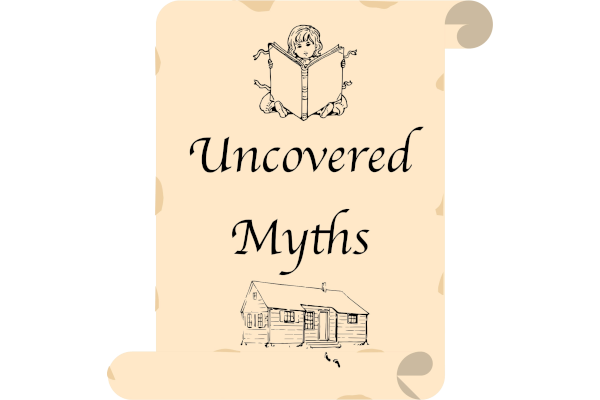

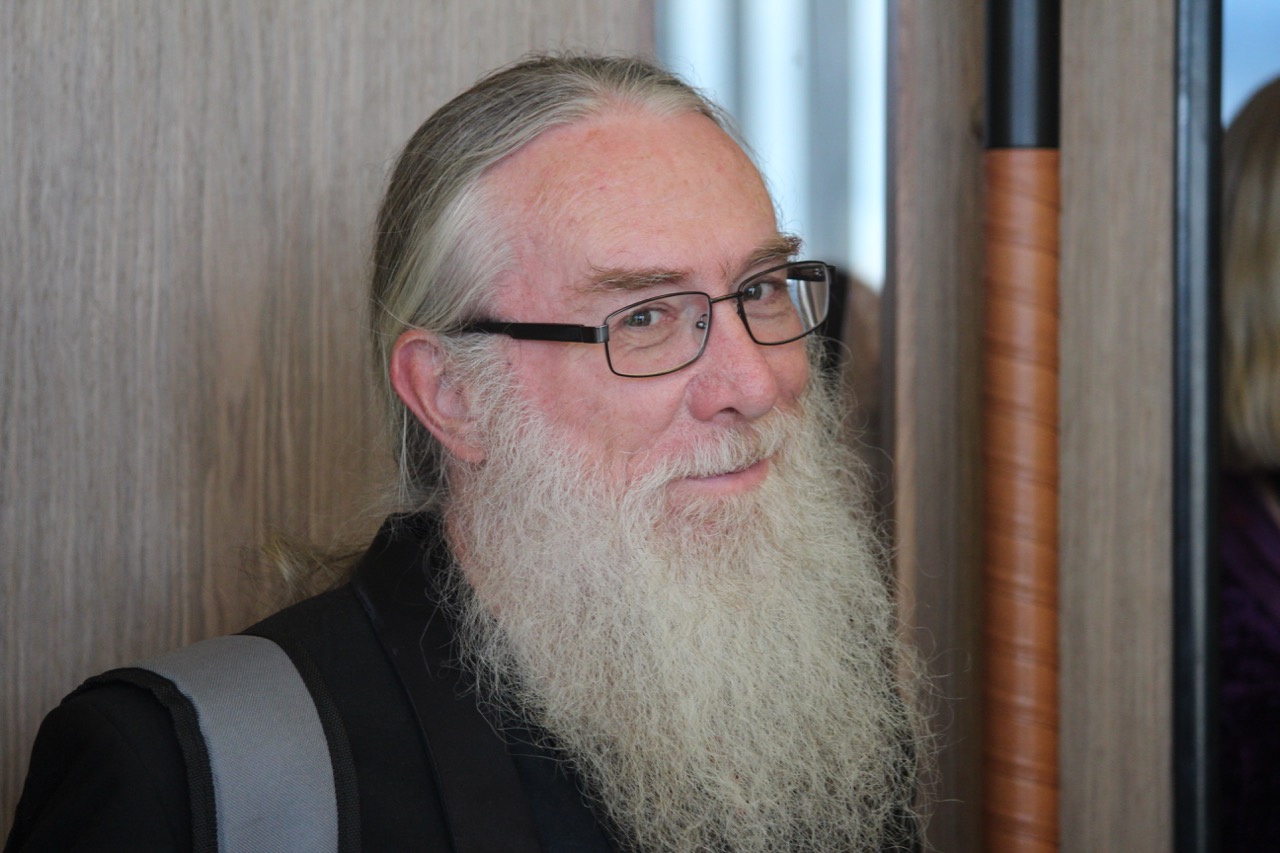
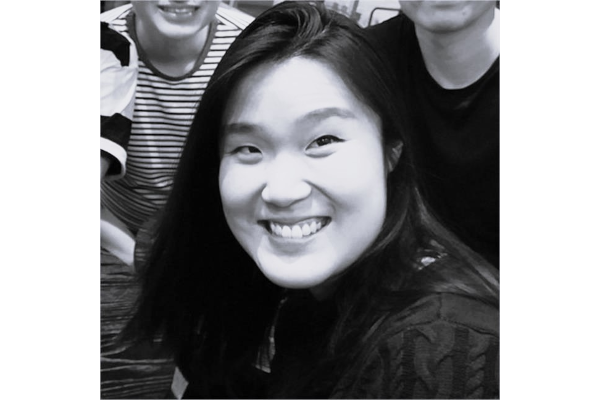
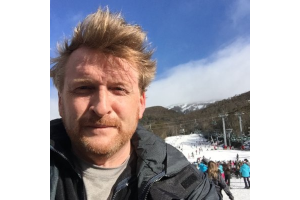
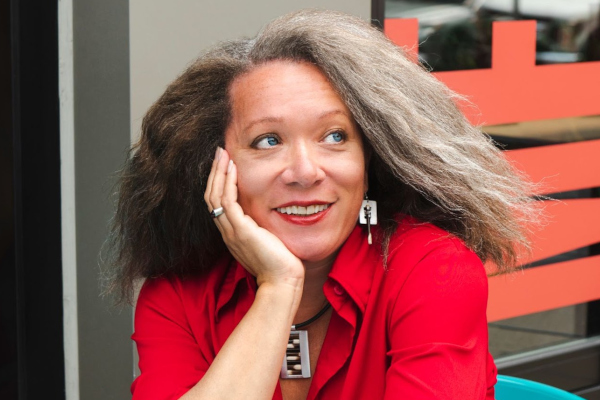
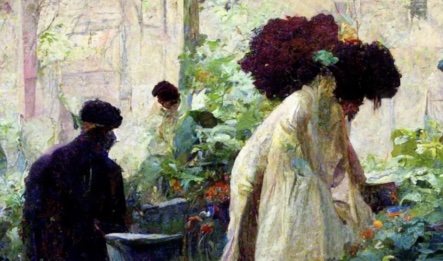




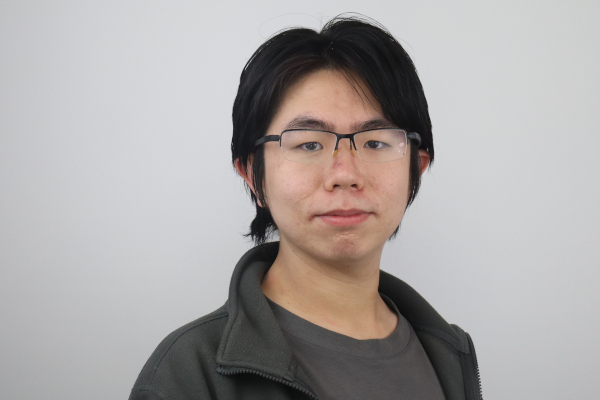
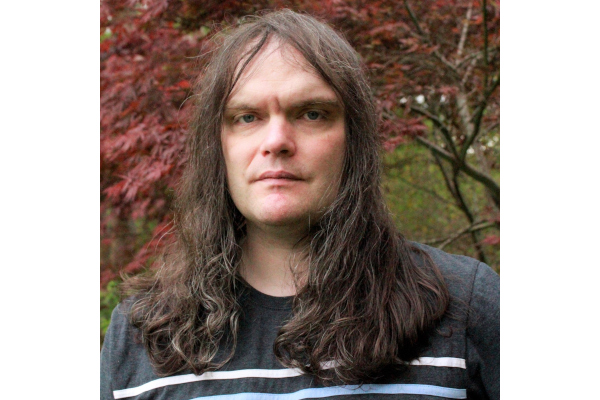



 Sarah Jane Justice is an Adelaide-based fiction writer, poet, musician and spoken word artist.
Sarah Jane Justice is an Adelaide-based fiction writer, poet, musician and spoken word artist.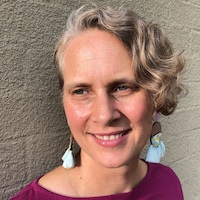 Merri Andrew writes poetry and short fiction, some of which has appeared in Cordite, Be:longing, Baby Teeth and Islet, among other places.
Merri Andrew writes poetry and short fiction, some of which has appeared in Cordite, Be:longing, Baby Teeth and Islet, among other places.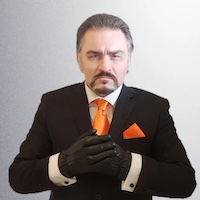
 Mark is an astrophysicist and space scientist who worked on the Cassini/Huygens mission to Saturn. Following this he worked in computer consultancy, engineering, and high energy research (with a stint at the JET Fusion Torus).
Mark is an astrophysicist and space scientist who worked on the Cassini/Huygens mission to Saturn. Following this he worked in computer consultancy, engineering, and high energy research (with a stint at the JET Fusion Torus). Ed lives with his wife plus a magical assortment of native animals in tropical North Queensland.
Ed lives with his wife plus a magical assortment of native animals in tropical North Queensland.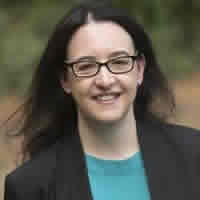
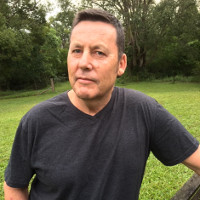 Tim Borella is an Australian author, mainly of short speculative fiction published in anthologies, online and in podcasts.
Tim Borella is an Australian author, mainly of short speculative fiction published in anthologies, online and in podcasts.
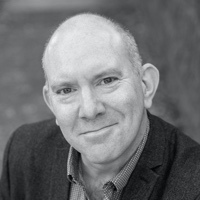 Alistair Lloyd is a Melbourne based writer and narrator who has been consuming good quality science fiction and fantasy most of his life.
Alistair Lloyd is a Melbourne based writer and narrator who has been consuming good quality science fiction and fantasy most of his life.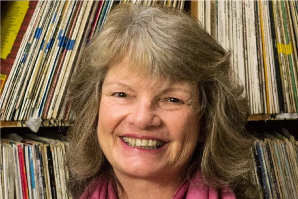 My time at Nambucca Valley Community Radio began back in 2016 after moving into the area from Sydney.
My time at Nambucca Valley Community Radio began back in 2016 after moving into the area from Sydney. Tara Campbell is an award-winning writer, teacher, Kimbilio Fellow, fiction co-editor at Barrelhouse, and graduate of American University's MFA in Creative Writing.
Tara Campbell is an award-winning writer, teacher, Kimbilio Fellow, fiction co-editor at Barrelhouse, and graduate of American University's MFA in Creative Writing.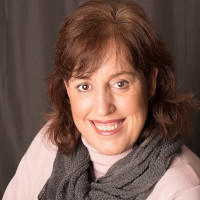 Geraldine Borella writes fiction for children, young adults and adults. Her work has been published by Deadset Press, IFWG Publishing, Wombat Books/Rhiza Edge, AHWA/Midnight Echo, Antipodean SF, Shacklebound Books, Black Ink Fiction, Paramour Ink Fiction, House of Loki and Raven & Drake
Geraldine Borella writes fiction for children, young adults and adults. Her work has been published by Deadset Press, IFWG Publishing, Wombat Books/Rhiza Edge, AHWA/Midnight Echo, Antipodean SF, Shacklebound Books, Black Ink Fiction, Paramour Ink Fiction, House of Loki and Raven & Drake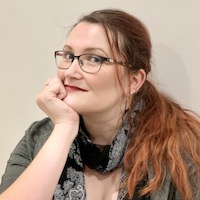 Emma Louise Gill (she/her) is a British-Australian spec fic writer and consumer of vast amounts of coffee. Brought up on a diet of English lit, she rebelled and now spends her time writing explosive space opera and other fantastical things in
Emma Louise Gill (she/her) is a British-Australian spec fic writer and consumer of vast amounts of coffee. Brought up on a diet of English lit, she rebelled and now spends her time writing explosive space opera and other fantastical things in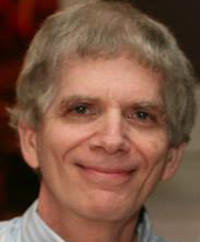 Barry Yedvobnick is a recently retired Biology Professor. He performed molecular biology and genetic research, and taught, at Emory University in Atlanta for 34 years. He is new to fiction writing, and enjoys taking real science a step or two beyond its known boundaries in his
Barry Yedvobnick is a recently retired Biology Professor. He performed molecular biology and genetic research, and taught, at Emory University in Atlanta for 34 years. He is new to fiction writing, and enjoys taking real science a step or two beyond its known boundaries in his